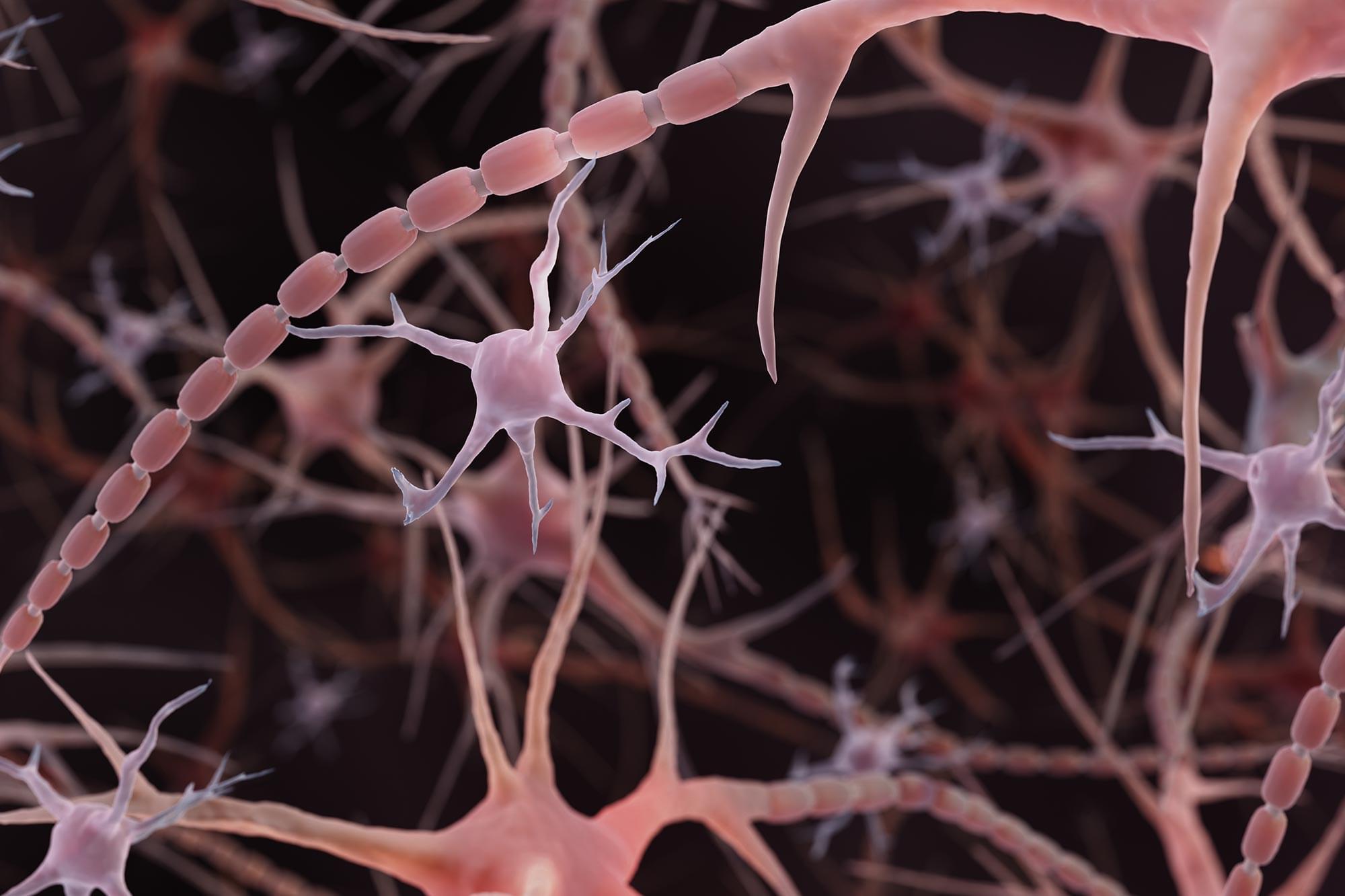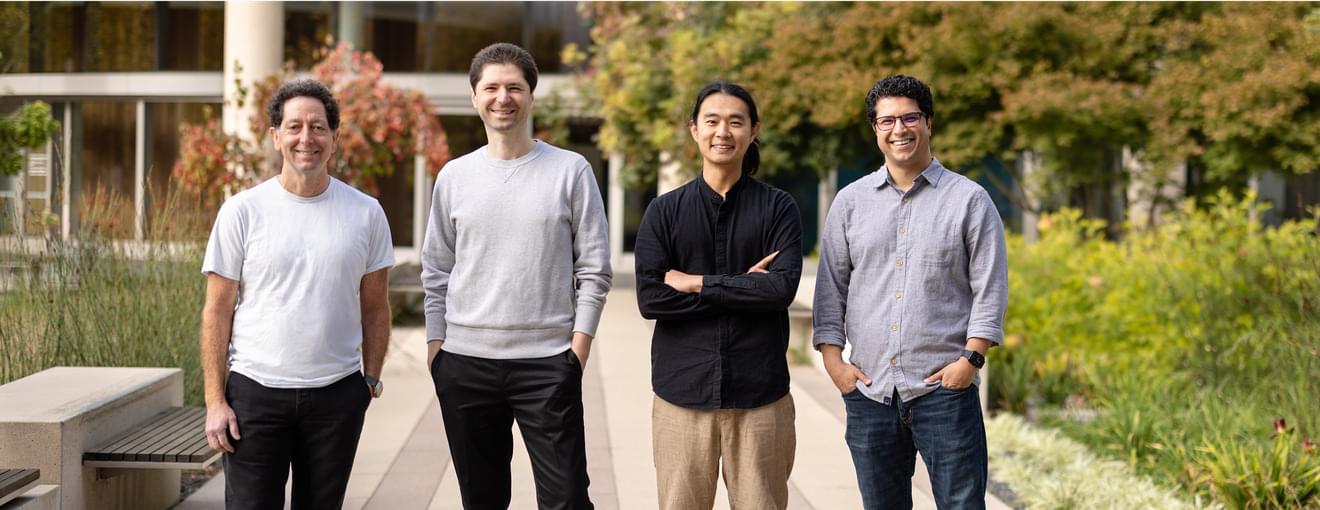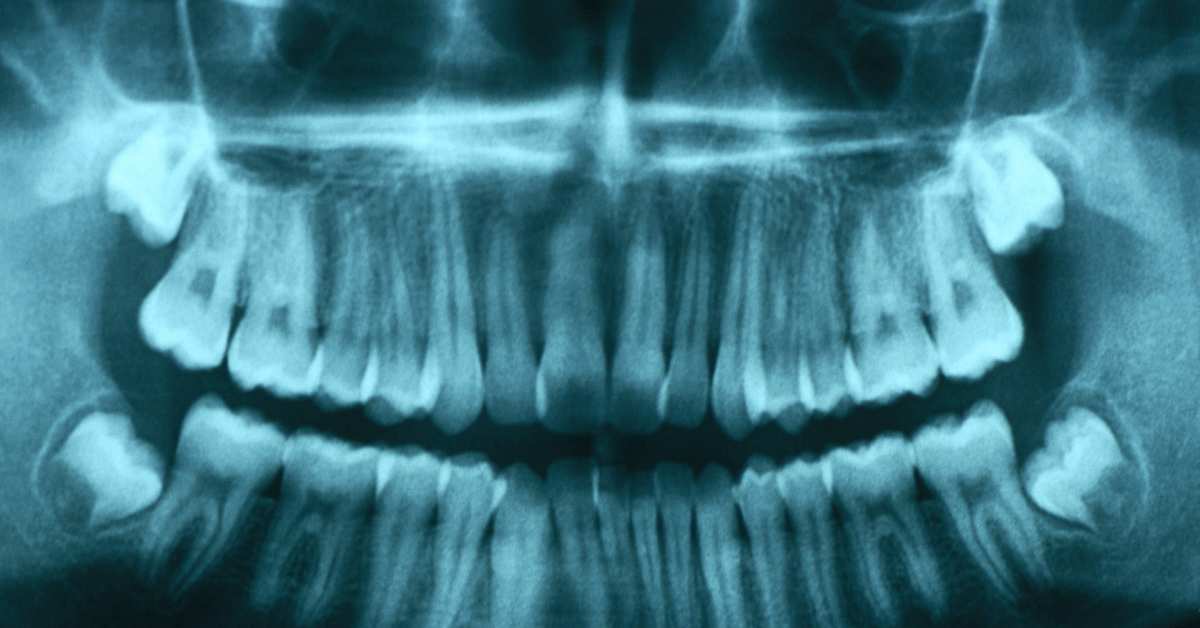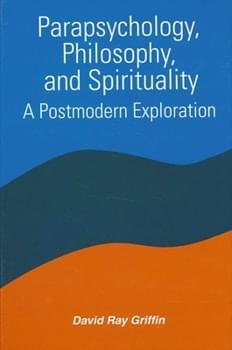A newly identified brain receptor could supercharge immune cells to fight Alzheimer’s and protect memory.



Cutting calories doesn’t just slim you down—it also reduces cysteine, an amino acid that flips fat cells from storage mode to fat-burning mode. Researchers found that lowering cysteine sparks the conversion of white fat into heat-producing brown fat, boosting metabolism and promoting weight loss in both humans and animal models.







I’m drawn to Whitehead’s philosophy not because it rejects the supernatural, but because it reawakens a deeper appreciation for it. Nature itself is supernatural because it is always transcending itself—a ceaseless creative advance into novelty. Even the so-called ‘laws of nature’ are not inflexible blueprints, but statistical generalizations about how nature habitually, though not invariably, operates. In a world where many skeptics dismiss anything wonderful, amazing, or unexpected as mere coincidence or illusion, Whitehead reminds us that novelty, beauty, and surprise are woven into the very fabric of reality. He offers a vision of God who, in one aspect of God’s primordial nature, is outside the actual universe altogether, and thus supernatural in this sense, but who is also immanent within the universe as a source of comfort, novelty, and creative transformation. God is supernatural in both ways: transcendent of the world, and present within it, working in and with the unexpected to deepen the richness of existence.
Added to this is the fact that Whitehead’s philosophy helps me understand and appreciate paranormal experiences. Events such as telepathy, remembrance of previous lives, psychokinesis, and apparitions can be interpreted not as violations of nature, but as rare expressions of its deeper interconnectedness—instances of hybrid prehensions where entities directly feel one another across distances and times, bypassing the usual causal pathways. In this way, what we call ‘paranormal’ is not anti-natural but a revelation of the profound relational fabric of the universe.
Yes, Whitehead helps me reimagine and affirm the supernatural.

Persistent genomic instability compromises cellular viability while also triggers non-cell-autonomous responses that drive dysfunction across tissues, contributing to aging. Recent evidence suggests that DNA damage activates secretory programs, including the release of inflammatory cytokines, damage-associated molecular patterns, and extracellular vesicles, that reshape immune homeostasis, stem cell function, and metabolic balance. Although these responses may initially support tissue integrity and organismal survival, their chronic activation has been associated with tissue degenerative changes and systemic decline. Here, we discuss how nuclear DNA damage responses trigger the activation of cytoplasmic sensing pathways, promote secretory phenotypes, and affect organismal physiology. Targeting DNA damage-driven mechanisms may help buffer harmful systemic responses while preserving regeneration and immune surveillance, offering new ways to delay aging-related decline.
© 2025 The Author(s). BioEssays published by Wiley‐VCH GmbH.